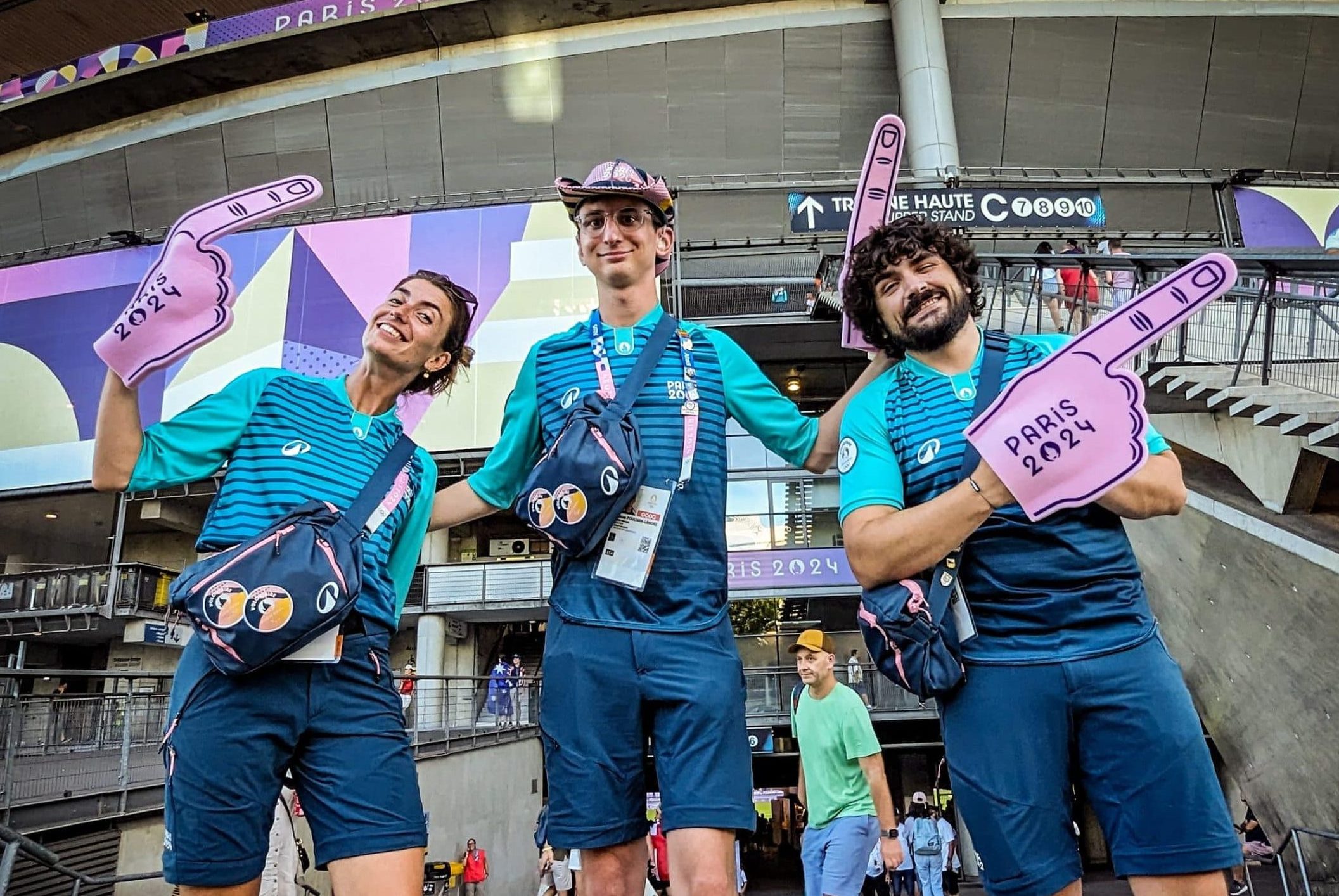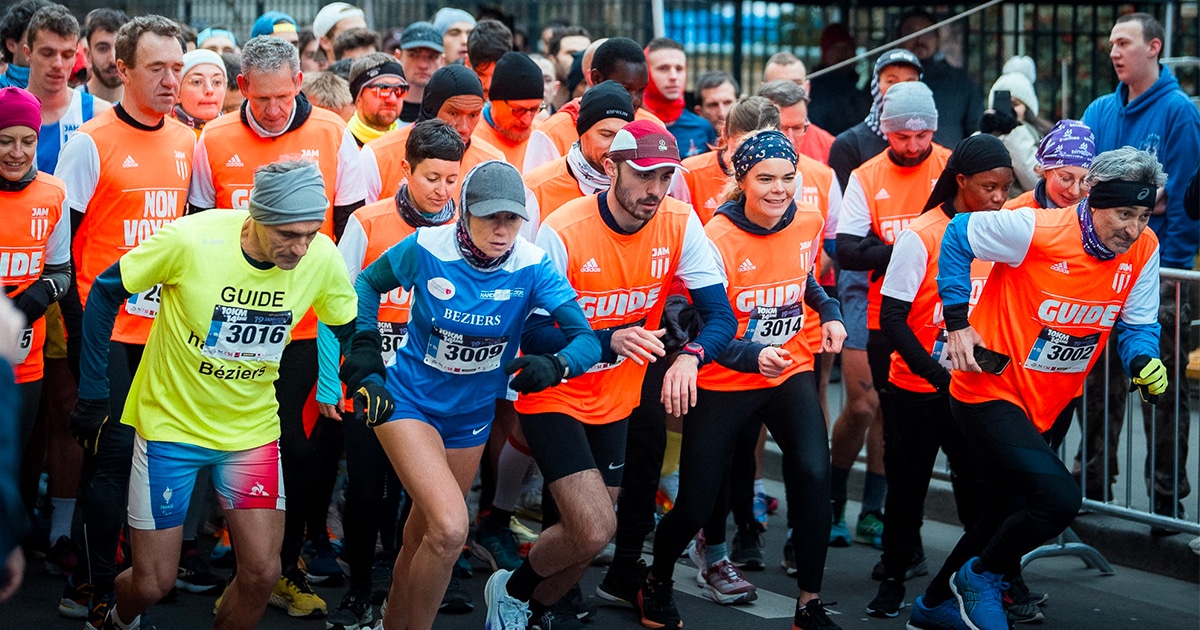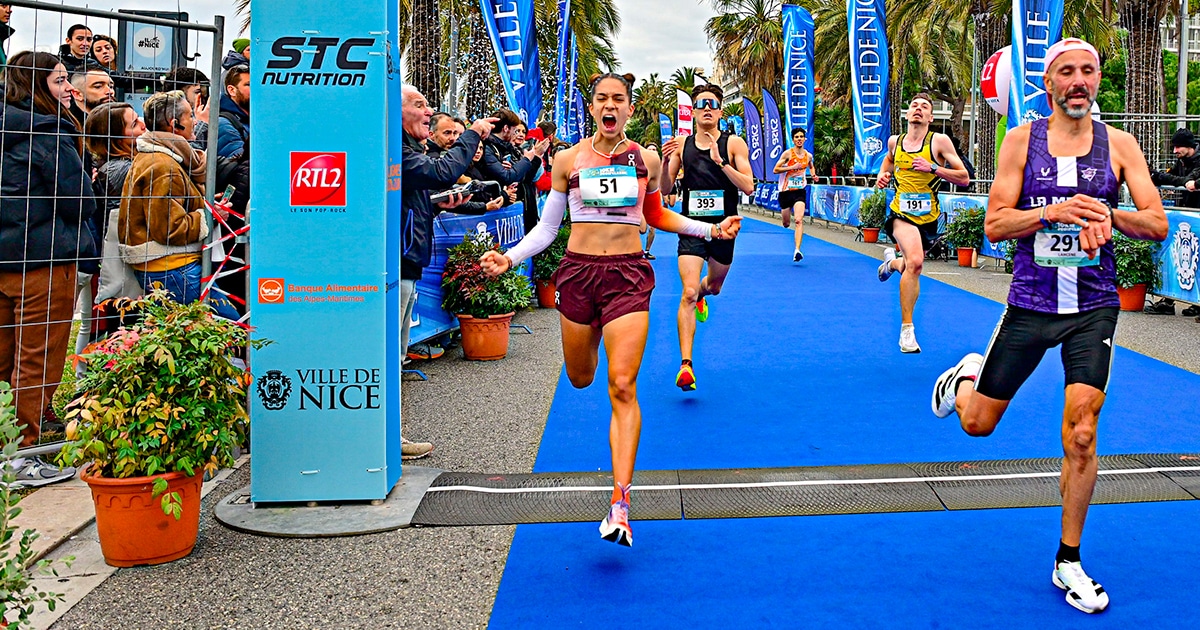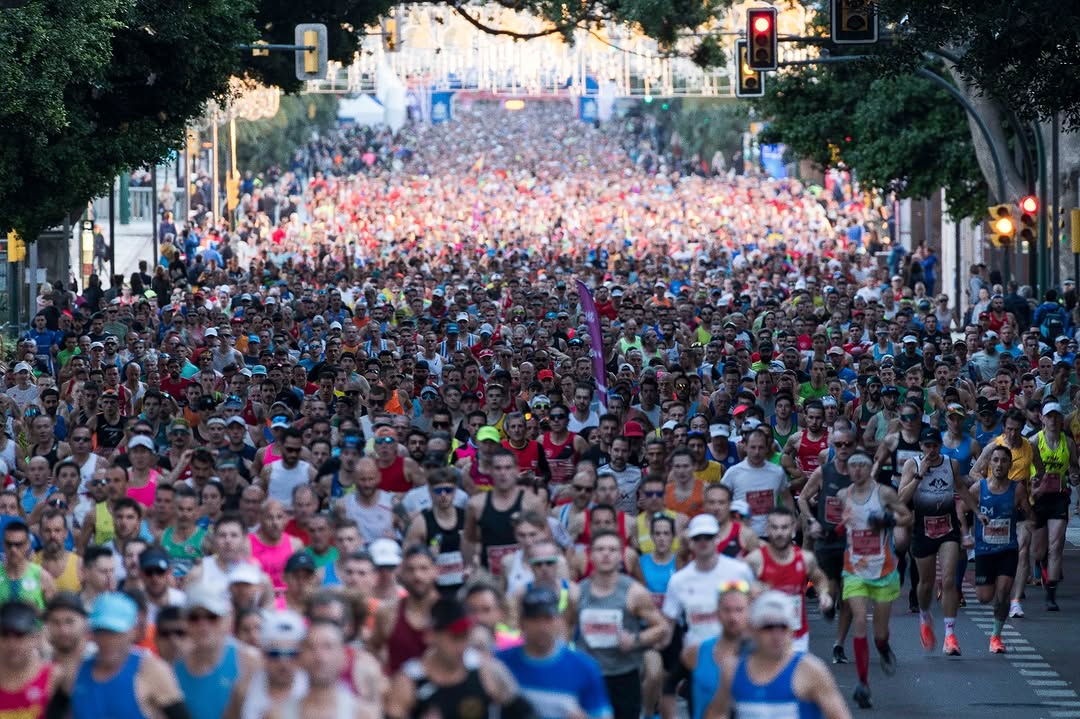The Volunteers: The Unsung Heroes Bringing Sports to Life at the Paris 2024 Olympics
It’s well-known that sports are among those fields that gather and unite people around universal values such as respect and tolerance. However, for both amateur and professional athletes to perform under optimal conditions, there are always unsung heroes working behind the scenes: the volunteers. Marathons.com has reached out to these dedicated individuals you might have encountered if you had the chance to attend or watch the Olympic Games in Paris this summer.
Who are these volunteers?
They could be defined as individuals freely dedicating their time to ensure an organization’s smooth operation. In France, over 3.5 million people engage daily in sports associations. Their roles are varied, ranging from club president to coach, treasurer, community manager, or photographer. In volunteering, there’s room for everyone, and all skills are needed to become a volunteer.
However, even though sports unite and gather people, retaining volunteers is no easy task. Each person needs to find their place and feel useful. With the increasing professionalization of clubs, the challenge also lies in balancing volunteers and employees. Yet recently, the Olympic Games demonstrated the power of this blend of employees and volunteers.
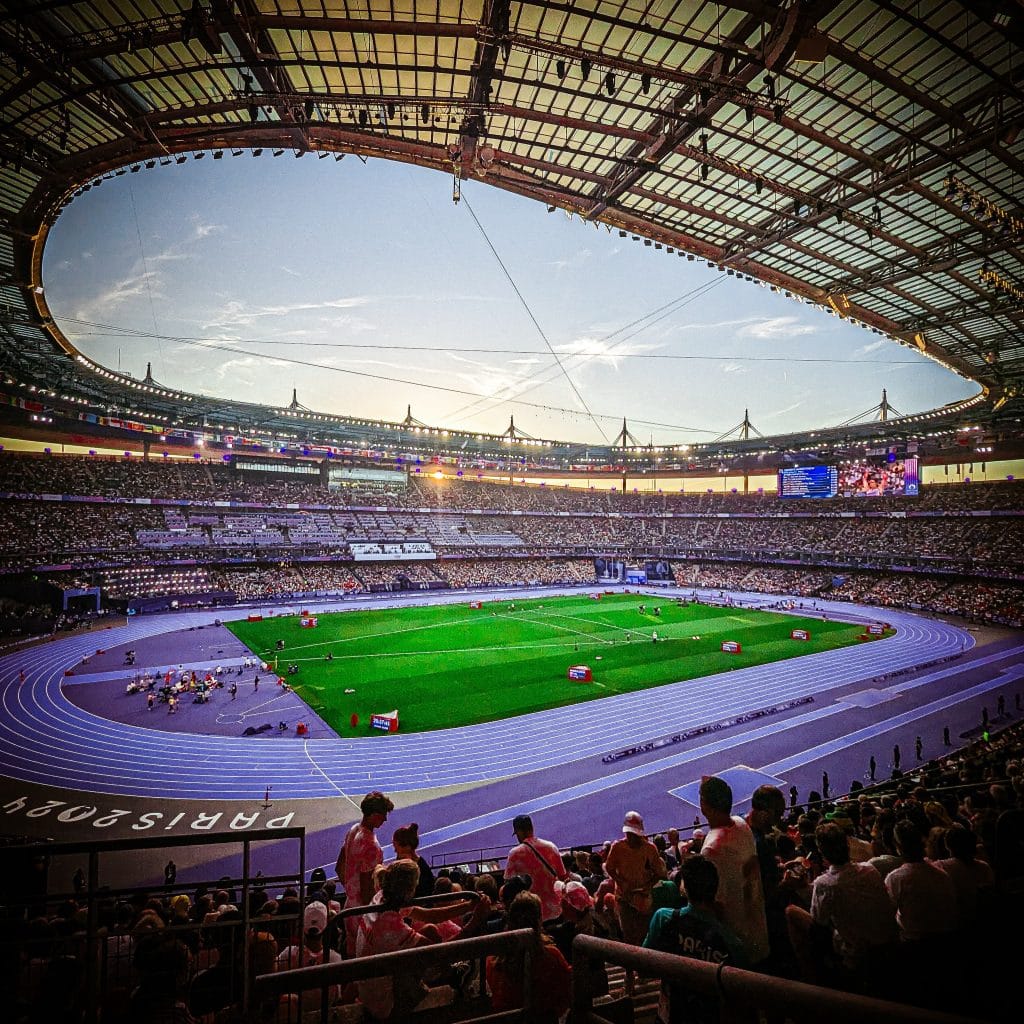
The Paris 2024 Olympics: The Volunteers’ Grand Arena
Behind the record-breaking performances of stars like American Sydney McLaughlin-Levrone (400m hurdles) and Swedish Armand Duplantis (pole vault) were many behind-the-scenes workers. The Paris 2024 Olympic Games recruited no fewer than 45,000 volunteers to ensure the event’s success. Volunteering is a shared benefit; it provides organizations with free labor while giving volunteers the opportunity to be at the heart of the action, often in a privileged way.
The volunteer recruitment process began in October 2023, where those wishing to participate could complete a questionnaire. This personality questionnaire helped determine where the volunteers could be most useful based on their responses. There were three main recruitment areas for these Olympic Games:
- Enhancing the quality and experience of all Games participants
- Supporting sports performance
- Simplifying and facilitating organization
Among these volunteers is Julie Tourtet, aged 28, who worked for four weeks in spectator management at the Stade de France. Having already volunteered and been an athlete at GAP athletics for about a decade, she was selected to be part of the grand adventure of the Paris 2024 Olympics.
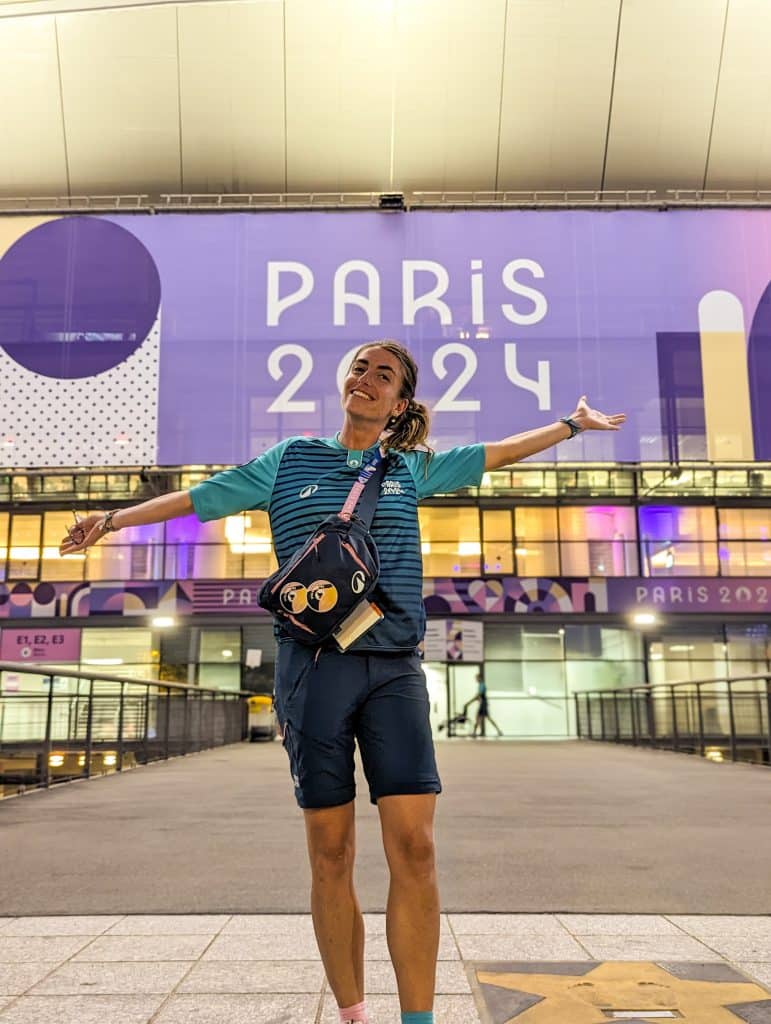
What was your role during the 2024 Olympics?
For Paris 2024, I was assigned to the Stade de France where the rugby and athletics events took place. My role was to help spectators enter the stadium. This ranged from managing signage to handling entrance turnstiles. I was present for four weeks at the Stade de France site, mainly focusing on overall spectator services. We were a team of around 1,200 volunteers at the site, split into a morning and an afternoon team. We worked at the largest site in France.
How did the volunteer recruitment process work?
Applications were submitted throughout 2023. Then there was a review period, and we received responses in January 2024. Before completing this questionnaire, we had to take a personality test. This test helped define where we might be assigned. For me, spectator management was highlighted. Initially, I was assigned to Versailles, but then plans changed, and I was reassigned to the Stade de France.
It’s important to emphasize that volunteering is giving your time generously,
Selon vous, quelles sont les qualités nécessaires pour devenir bénévole ?
Il fallait beaucoup d’énergie, de motivation et de sourires. Ils nous l’ont rabâché, ils nous disaient « vous êtes le visage des Jeux ». Ce qui était très cool c’est que les bénévoles étaient hyper inclusifs, il y avait aussi bien des personnes en situations de handicap que des personnes valides. Vu le nombre de missions et de besoins, tous les profils pouvaient trouver chaussure à leur pied. Pour ma part, je pense surtout qu’il faut aimer échanger, partager une aventure unique avec les autres. Il faut avoir une certaine fierté de vivre ça de l’intérieur.
In your opinion, what qualities are necessary to become a volunteer?
C’est une bonne question. Alors, moi je lui dirai d’abord que devenir bénévole ça permet de se sentir utile par tout ce que l’on peut apporter aux autres et c’est vraiment ce côté partage. On se sent utile dans le partage de valeurs. Tout le monde peut apporter quelque chose dans le bénévolat. Après, ce n’est pas toujours facile, être bénévole c’est bien mais par exemple dans mon club à GAP il y a aussi des salariés et il faut que chacun trouve sa place. Il faut bien rappeler que le bénévolat c’est donner de son temps de manière gracieuse, mais ça prend de l’énergie, et que des fois il y a des choses qu’on ne peut pas faire ou que l’on n’a pas envie de faire. Je pars du principe qu’à partir du moment où l’on s’engage, c’est qu’on a quand même des envies et un devoir moral qui est fort.
We’ve really made friends for life.
What is your fondest memory of this adventure?
It’s truly meeting people and seeing smiles on everyone’s faces. People were there to share in sport, and there was also this sense of seeing France shine internationally in a very positive way. Even though it’s hard to pinpoint just one, being in the stadium when Armand Duplantis set his new world record was genuinely unique, sending shivers through the entire stadium. The memories also come from the volunteer team; even when we weren’t on duty, we were together. We’ve truly made friends for life.
In a major event like the Paris 2024 Olympics, is there recognition for your work?
For sure, we were really well equipped; Decathlon was the outfitter for all volunteers. For example, we had hats made from fabric scraps to ensure each was unique, which was very cool. We also received two pairs of pants, four t-shirts, a backpack, and a fanny pack, so we certainly weren’t lacking. Plus, all the experiences we had were already a fantastic reward.
